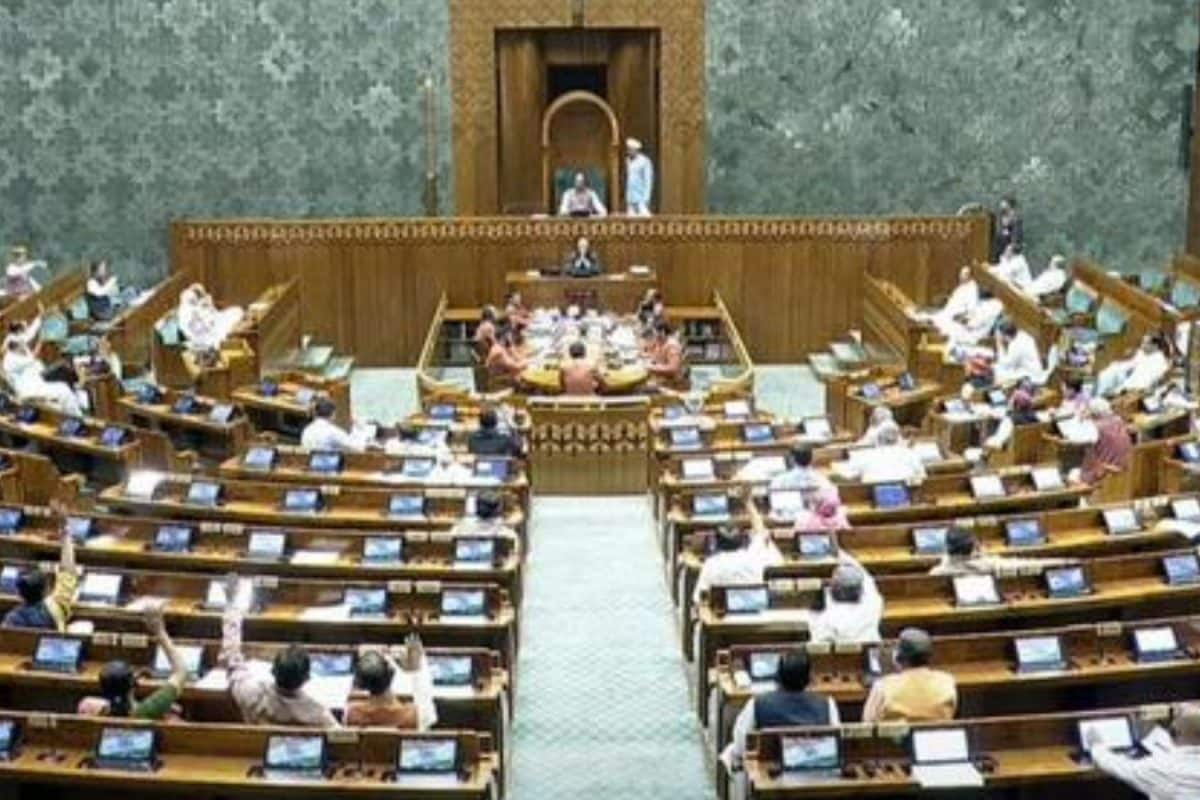

Since the Modi 3.0 government assumed office, several significant events have marked the initial sessions of Parliament. These include the passage of the Waqf (Amendment) Bill, tax relief measures announced in the Union Budget 2025, and instances of parliamentary suspensions.
Waqf (Amendment) Bill
The Waqf (Amendment) Bill, 2024, has been a focal point of discussions and debates. The bill seeks to amend the Waqf Act of 1995, renaming it the "United Waqf Management, Empowerment, Efficiency and Development Act, 1995". A key change proposed by the bill is modifying the composition of Waqf boards. While the original act mandated that all members of the Central Waqf Council be Muslims, the amendment allows for the inclusion of non-Muslims. This has faced opposition, with some arguing that if non-Hindus are not allowed on temple boards, the same principle should apply to Muslim boards. The bill was sent to a Joint Parliamentary Committee (JPC) for further review after its introduction in the Lok Sabha on August 8. The Lok Sabha passed the bill with a 288-232 vote, and the Rajya Sabha followed suit with a 125-95 vote. The Bill has cleared both Houses, and awaits Presidential assent, after which it will be notified for implementation. Congress has stated that it will challenge the bill's constitutionality in the Supreme Court.
Tax Relief Measures
The Modi 3.0 government has introduced tax relief measures aimed at benefiting the middle class. The Union Budget 2025 included reforms in the New Income Tax regime, declaring no tax for individuals earning up to Rs 12 lakh annually, or Rs 12.75 lakh with standard deductions. The revised tax slabs include 5% tax between Rs 4 and Rs 8 lakh, 10% between Rs 8 and Rs 12 lakh, and increasing percentages for higher income brackets. The government also increased the Tax Deducted at Source (TDS) exemption limit on rent from Rs 2.40 lakh to Rs 6 lakh and doubled the tax deduction limit for senior citizens from Rs 50,000 to Rs 1 lakh. These measures are projected to reduce the tax burden on the middle class and boost economic activity by increasing disposable income.
Parliamentary Suspensions
The initial sessions of the 18th Lok Sabha have seen heightened tensions between the ruling party and the opposition. During the winter session in 2023, a record number of 146 Members of Parliament were suspended for demanding a discussion on a security breach in Parliament. This action was criticized by opposition parties, who viewed it as a means to pass key legislation, such as the three criminal justice laws, without proper debate. Some in the opposition have expressed concerns that the government might continue to use suspensions to suppress dissent and opposition.
The Modi 3.0 government's early parliamentary sessions have been marked by significant legislative actions, tax reforms, and heightened opposition. The passage of the Waqf (Amendment) Bill has sparked debate and controversy, while tax relief measures aim to stimulate the economy and benefit the middle class. Instances of parliamentary suspensions have raised concerns about the state of democracy and the government's approach to dissent. The dynamics between the ruling coalition and the strengthened opposition will likely shape the course of future parliamentary proceedings.